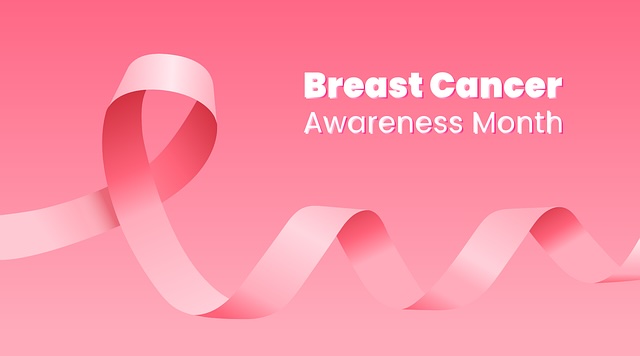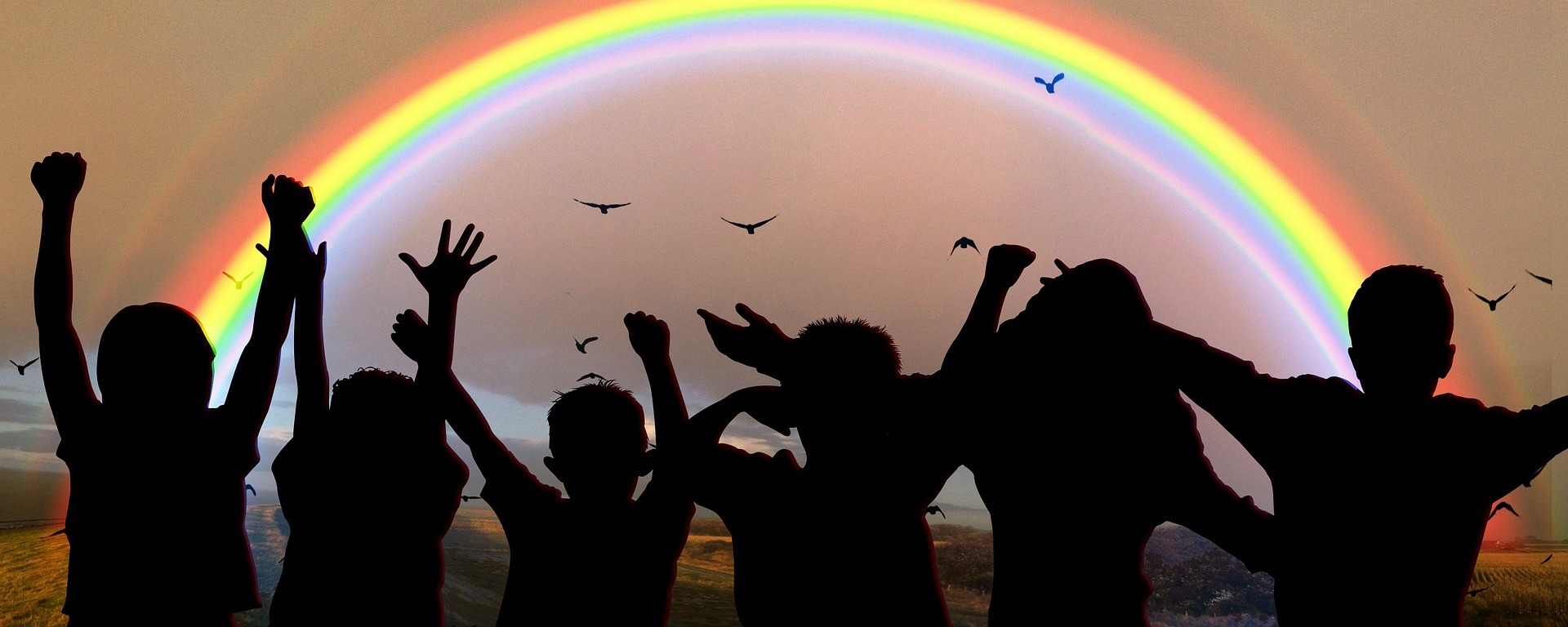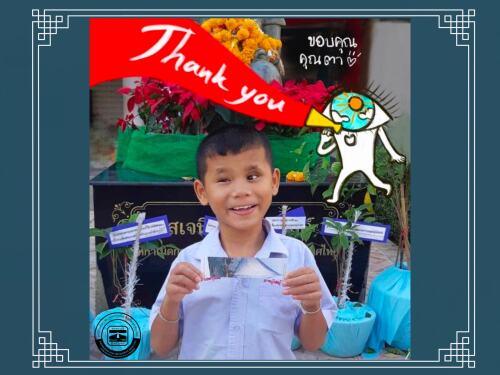With thanks to Dr. Tapanutt Likhitmaskul, M.D. at Samitivej hospital
There are many myths that surround the subject of breast cancer, and during Pinktober – breast cancer awareness month, our aim is to dispel some of these myths and give you the facts. Samitivej hospital have specialists and state-of-the-art breast cancer screening departments, it is with their help that we can spread awareness to women of all shapes and sizes, ages and cultural backgrounds as this is something that can affect us all. Here are 15 of the most common myths surrounding breast cancer.

MYTH 1:
Women with smaller breasts have less chance of getting breast cancer.
FACT:
Women of all breast sizes can get breast cancer because the disease is a result of abnormalities in the milk ducts and mammary glands. Breast sizes only vary due to the amount of non-cancerous fatty tissues in the breasts. Women with larger breasts have nothing to fear if the amount of milk ducts and mammary glands remain normal. However, if breasts are large because of dense breast tissue, getting regular mammograms at the hospital is recommended as the chance of breast cancer increases.
MYTH 2:
Wearing antiperspirant increases my risk of getting breast cancer.
FACT:
The National Cancer Institute and the American Cancer Society (ACS) have refuted this claim, providing evidence that women who have not been exposed to underwire do not, in fact, get breast cancer less than women who have.
Women globally have been concerned that the wires in the cup of underwire bras may restrict the flow of lymph fluid in the breast causing toxins to build up in the area. However, there’s no reliable evidence to support this. If your bra is too tight or too small, the wires can dig into your breasts and cause discomfort, pain or swelling but this is a concern surrounding ill fitting bras and not linked to the onset or cause of breast cancer.
MYTH 4:
HRT Hormone Replacement Therapy can cause breast cancer.
FACT:
This is a subject of much debate and remember that HRT medication is changing and improving every year, with almost bio identical options now being made available. Taking HRT, Hormone Replacement HRT can slightly increase the risk of breast cancer. If you’ve had breast cancer you’ll usually be advised not to take HRT. The increased risk is low: there are around 5 extra cases of breast cancer in every 1,000 women who take combined HRT. The risk increases the longer you take it, and the older you are.
MYTH 5:
Radiation from breast cancer screening is dangerous to to your health.
FACT:
The radiation only becomes dangerous if you have undergone the breast screening process 100 or more times. If a woman at the age of 40 has a screening every few years to maintain her regular breast health the risk is minimal.
MYTH 7:
Pressure applied to the breasts during a mammogram can cause the breasts to inflame, increasing the risk of breast cancer.
FACT:
Now, new technology allows for mammograms to be less painful, applying much less pressure to the breasts while maintaining the integrity of the imaging. The small amount of pain having a mammogram vs not having one is a personal choice, but the best way to maintain accurate conclusions over breast health is still via mammogram screeening.
MYTH 8:
Having a mammogram is enough.
FACT:
Mammography alone is not enough to detect breast cancer. Though Mammograms are 80 percent accurate, they may not be able to detect abnormal lumps of a miniscule size. Therefore, an ultrasound is also recommended, as it increases the level of accuracy from 80 percent to 85-90 percent. A breast-examination by a specialist doctor can increase this percentage the accuracy to 99 percent.
MYTH 9:
Men cannot get breast cancer.
FACT:
Men can develop breast cancer. Men who are at risk include those who are older, overweight, or have more than the average breast tissue expected in men.
MYTH 10:
Only women with a family history of breast cancer are at risk.
FACT:
Seventy (70) percent of women diagnosed with breast cancer have no identifiable risk factors in their genes or family history.
MYTH 11:
When left untreated, cysts can lead to cancer.
FACT:
Cysts are the result of estrogen, not an abnormality in the cells; they rarely develop into cancer. However, some cancerous lumps tend to look like cysts, which can lead to misdiagnosis that brings us back to having regular mammograms combined with ultrasounds the risk of a misdiagnosis is reduced.
MYTH 12:
Can IVF Treatments cause breast cancer?
FACT:
There’s no evidence that having IVF (in vitro fertilisation) treatment affects your risk of breast cancer. Current evidence suggests women who have received IVF treatment are no more likely to develop breast cancer than women who have not had IVF. However, IVF is a relatively new procedure and more research is needed to be sure of all the long-term health effects.
MYTH 13:
Does radiation from Mobile Phones cause breast cancer?
FACT:
There’s no evidence that radiation from mobile phones has any effect on your risk of developing breast cancer. Some people worry that radio waves produced and received by mobile phones may be a health risk, especially if they keep their phone in their breast pocket. However, there’s currently no evidence that radio waves from mobile phones cause breast cancer or increase the risk of developing it.
MYTH 14:
If I find a lump in my breast, I have cancer.
FACT:
Eighty percent of lumps in women’s breasts are caused by benign changes, cysts or other conditions. It’s a fact some women just have lumpy breasts and that does not mean these will develop into breast cancer.
MYTH 15:
It’s better to not ask the question and live in blissful ignorance, than to get checked and discover that you have cancer
FACT:
1. Breast cancer can be treated. The chance for survival is significantly higher when the cancer is detected early.
2. Breast cancer does not lead to instant death. However, it does require immediate action. If left untreated, breast cancer causes needless suffering and yes, may lead to death. Though getting screened for breast cancer can be scary, it’s scarier to ignore it and let the disease spread.

References
- Breast Cancer – Risk of developing Breast Cancer. Available from: http://www.breastcancer.org/symptoms/understand_bc/risk/understanding . Accessed on September 21, 2015.
- Consumer Health –- Benign Breast Lumps. Available from: http://consumer.healthday.com/encyclopedia/breast-cancer-7/breast-cancer-news-94/benign-breast-lumps-644244.html . Accessed on September 21, 2015.
- National Cancer Institute – Antiperspirants/Deodorants and Breast Cancer. Available from: http://www.cancer.gov/about-cancer/causes-prevention/risk/myths/antiperspirants-fact-sheet . Accessed on September 21, 2015.
- Prevention – 12 Myths to Ignore about Breast Cancer. Available from: http://www.prevention.com/health/health-concerns/breast-cancer-myths . Accessed on September 21, 2015.
- Journal of Clinical Oncology – Expanding the Criteria for BRCA Mutation Testing in Breast Cancer Survivors. Available from http://jco.ascopubs.org/content/28/27/4214.full . Accessed on September 21, 2015.
- New Hope 360 – Omega-3 fatty acids & breast cancer. Available from: http://newhope360.com/supplements/omega-3-fatty-acids-breast-cancer. Accessed on September 22, 2015.





